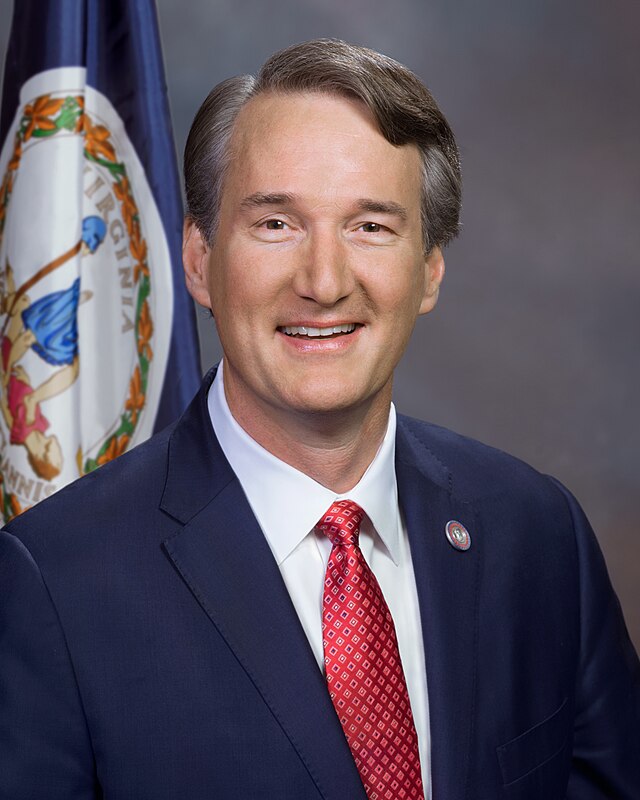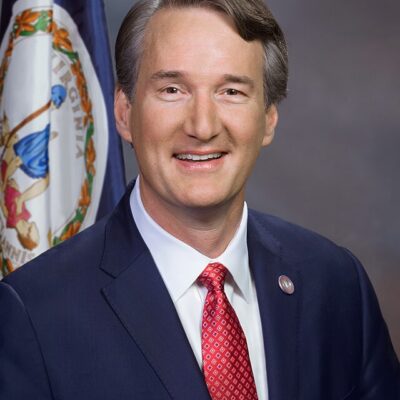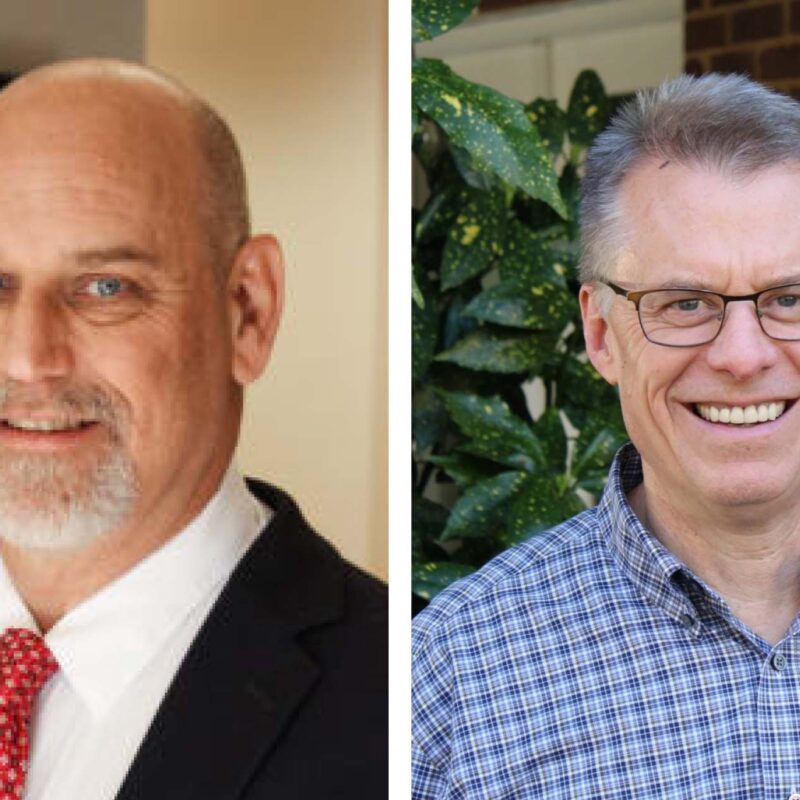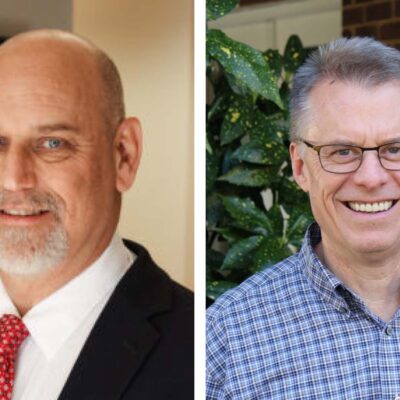Before a botched January 22 robbery at Mountain View Mobile Home Park, Antonio Grooms told his cousin that he needed money.
/060803-Greg-Fairchild-004.jpg) Fairchild says Charlottesville businesses, employers and residents have a prime opportunity to request a new, Latino-directed credit union, or more support from existing sites. “I don’t see any reason why what worked in North Carolina can’t work here,” he says.
|
“There’s some Mexicans,” responded Demonte Burgess, then 19, according to court testimony. “They’ve always got money.” The robbery ended in the death of 32-year-old Miguel Salazar, who sustained a gunshot wound to the head. Both Burgess and Grooms pleaded guilty to second-degree murder charges.
Around the time Burgess was making generalizations about Mexicans and money, two UVA employees were putting the finishing touches on “Perdido en la Traducción.” (The title means “Lost in translation.”) The study, from the Darden Business School’s Tayloe Murphy Center, esti-
mates that Virginia Latinos account for more than $900 million in unbanked money each year. Moreover, research on Latino-focused credit unions in neighboring North Carolina showed that robberies declined after such credit unions opened.
“It’s tough to do the type of analysis we did for North Carolina here in Virginia,” says Gregory Fairchild, executive director of the Tayloe Murphy Center, who worked with research director Kulwant Rai. “Candidly, we don’t have a lot of credit unions serving the Latino population in Virginia.”
Fairchild’s work centers on community development finance for low-income areas; he says that his research focuses on general trends in unbanked money, not exclusively on Latinos. However, the dynamics he uncovered—correlation between Latino credit unions and diminished robberies, and a potential boon for Virginia banks—carry great significance for Albemarle and Charlottesville, where the Latino population has more than doubled during the last decade.
“The local Latino community is particularly underserved, not just because the majority of Latinos in our area happen to be lower income or below median,” says Peter Loach, a spokesperson for Creciendo Juntos (CJ), a network of local Latino service organizations.
“They have the distinction of being less banked because they don’t have a lot of money,” says Loach, who also conducted banking studies in Latin America and operated a microcredit program in El Salvador. “But they also have the distinction of never having banked before in the countries where they grew up.”
Many other Latin American countries have cash economies, or may loan less willingly to low-income citizens, who often feel unsafe or unwelcome at guarded banks in places like Mexico or Honduras, he says.
CJ is a Community Development Financial Institution, meaning the organization can apply for federal funds to assist first-time homebuyers or burgeoning businesses. Loach says that CJ can’t take deposits and is not in the business of opening credit unions. However, he says the organization is “interested in how to help Latinos become more banked.”
Are area Latinos more likely to be robbery targets for unbanked money? Because Virginia has a smaller number of Latino credit unions, says Fairchild, it is harder to quantify the potential impact on robberies. City and county police officials told C-VILLE that fear of deportation can lead to underreported crimes. Last year, Charlottesville Police recorded 50 robberies, at least five of which involved Hispanic victims. According to Albemarle County Police, only two Hispanic victims reported robberies last year.





